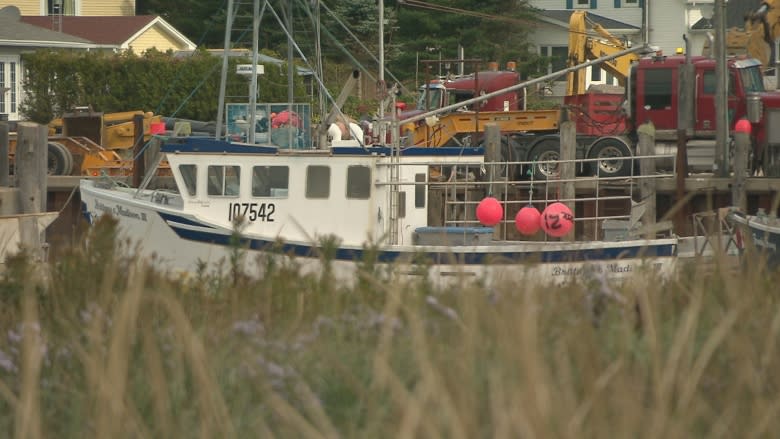Alma frustrated with never-ending boil water order
Alma business owners and town officials worry the popular fishing village will soon be famous for something other than attracting tourists from around the world.
The village is in its tenth week of boil water order due to high turbidity, or cloudiness and haziness in the water caused by large numbers of individual particles that can't be seen by the naked eye.
That is a big deal for a place that relies heavily on the tourism industry.
But it seems it is tourism that is at the root of the problem.
"We had such an influx of tourists the last few years," said Alma Mayor Kirstin Shortt. "This year was another 20 per cent increase."
Alma's population in the 2014 census was 232 and Shortt said the village's water system, built in 2004, was not designed to serve the summer crowds of tourists Alma is now seeing.
"For the last three years we've had issues."
No water for you
Jeff Grandy moved to Alma from Prince Edward Island in the summer to open Holy Whale Brewing with his brother.
After buying a former church to house the brewery, officials advised the brothers they could not use the village's water because the brewing process would put too much of a strain on the system.
"They brought it to us during our plans," said Grandy. "We thought we'll take the risk."
The Grandy brothers had to buy the house adjacent to the church as temporary lodging because it came with a private well.
"We're trying to get a business off the ground and I know the village really wants new people, but I think it's difficult to say we're open for business, yet, we don't have the water available for you to put that business up," said Grandy.
Shortt recognized tourism is a double-edge sword and does worry about the negative impact on the town's image.
"The minute people see boil water, they immediately think of contamination, and that it could affect their health."
While Shortt hopes the current boil order is lifted in a week's time, there's no clear end in sight for what's at the root of the problem.
"We're trying very hard to put a secondary water source in," said Shortt. "Unless we can get a source of funding, it's going to be a slow process."



